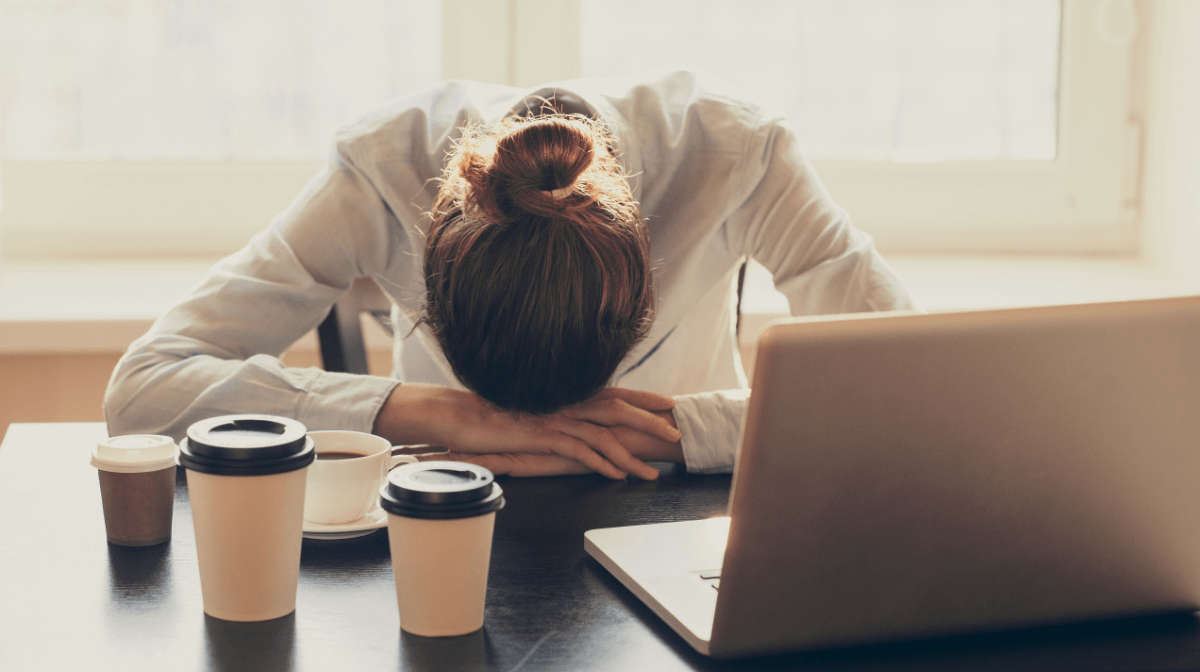
Most of us associate healthy living with being physically fit, but there’s a lot more to it than that. From sleep guidance to diet tips and tricks, we’ll explain how you can live a healthy, balanced lifestyle all year round.
Definition Of A Healthy Lifestyle
The World Health Organization (WHO) defines health as a ‘state of complete physical, mental, and social well-being.’ (1) This includes eating a balanced diet, getting adequate rest and maintaining optimal emotional health.
How Can I Live A Healthy, Balanced Lifestyle?
1. Eat Mindfully
A healthy diet is one that incorporates all food groups in a balanced way. Eating enough fruits, vegetables, protein and fats will ensure you're getting enough daily nutrients. The NHS recommends that every adult should:
Eat at least two portions of fish per week, including oily fish. These include salmon, herring, mackerel and sardines.
Monitor their intake of saturated fats and sugar.
Reduce excess saturated fat in your diet as it can increase cholesterol levels in the blood. This type of fat is found in cream, sausages, biscuits and more.
Lower sugar intake as it can increase your risk of tooth decay and obesity. Try to cut down on fizzy drinks or sweets and replace them with natural sources, like fruit or honey.
Eat less than 6g of salt per day. Over time, salt can increase your risk of high blood pressure, heart disease and stroke. Use food labels to help you determine which products are high.
2. Schedule Exercise
Regular exercise has huge benefits for your mental and physical health. We recommend scheduling in half an hour for exercise each day. This can be a mixture of gentle movement including yoga or walking, and high intensity exercise including running or dancing.
For those that struggle with PMS or monthly hormonal changes, syncing your fitness routine with your menstrual cycle can be hugely beneficial.
3. Maintain Sleep
Sleep is a vital process that impacts the entire body. Through allowing the brain to recover, sleep promotes better mental and physical performance through aiding the repair of muscles, organs and other cells.
The Sleep Foundation recommends 7-9 hours of sleep per night. If you struggle to get to sleep or stay asleep, we recommend:
Avoid daytime napping.
Tire yourself out in the day with exercise.
Avoid large meals, caffeine and alcohol before bedtime.
Make sure your bedroom is dark and at a comfortable temperature.
4. Increase Water Intake
The NHS recommends that every adult drinks 6-8 glasses of water per day. Dehydration can cause headaches, tiredness and in severe cases, kidney problems. Remember to increase your liquid intake in hot weather or if you're exercising.
5. Reduce Alcohol Consumption
Lots of us enjoy an alcoholic drink on occasion, but it's important to monitor your intake where possible. 2
So what does alcohol do the body?
1-2 units: After drinking 1-2 units (approximately 1 glass of wine,) your heart rate speeds up and your blood vessels enlarge. This is what gives you the warm, flushed feeling.
4-6 units: After up to 6 units (2 pints of high-strength lager,) your brain becomes affected by alcohol. Decision making and judgement are impacted.
8-9 units: Consuming 9 units impacts your nervous system. This is what causes your reaction times to slow and your balance to drop.
10 units or more: Heavy drinking of over 10 units puts you at serious risk of having an accident. Alcohol is a depressant that makes you feel drowsy and when levels are high your body tries to flush it out, causing dehydration. In severe cases, the alcohol can impact your digestion, causing vomiting.
6. Fill Your Social Calendar
Studies show that connecting with others and making new friends has a variety of benefits for mental health. Try to plan a social event with others at least once a week. This could be going for a walk with a neighbour or attending a party on a Friday night.
If you struggle to make friends or live alone, joining clubs or starting a hobby can work wonders in expanding your social circle. Similarly, there are lots of Facebook groups and other online communities that help you meet new people in your area.
7. Schedule Self Care
Self care is much more than running yourself a weekly bath. Self care requires you to prioritise your own mental and physical wellbeing. This includes supporting yourself during periods of stress, taking time out to be by yourself and setting personal goals. 3
Mental health charity Mind have lots of useful resources to help you schedule self care. Click here to find out more.
Talk To Your Doctor
If you're concerned about your general wellbeing or need some health advice, speak to your GP or another trained professional. This article should not be replaced by official medical advice.
Take Home Message
A healthy lifestyle involves our physical, mental and emotional health. We know it can be difficult to follow a healthy lifestyle every day, but small, simple changes can help you feel good from the inside out.
FAQs
What defines a healthy lifestyle?
According to the World Health Organisation, a healthy lifestyle is a ‘state of complete physical, mental, and social well-being.’ 1
Why is a balanced lifestyle important?
Without a balanced lifestyle, you might struggle to feel your best both physically and mentally. For example, heavy alcohol use can impact your mood and result in dehydration. Healthy eating in combination with exercise and sleep will all work in combination to support your everyday wellbeing.
- World Health Organisation (http://apps.who.int/iris/handle/10665/108180)
- https://www.nhs.uk/conditions/alcohol-misuse/risks/
- https://nshcs.hee.nhs.uk/training-support/healthcare-science-self-care-handbook/what-does-self-care-mean-to-you/

Related Articles









